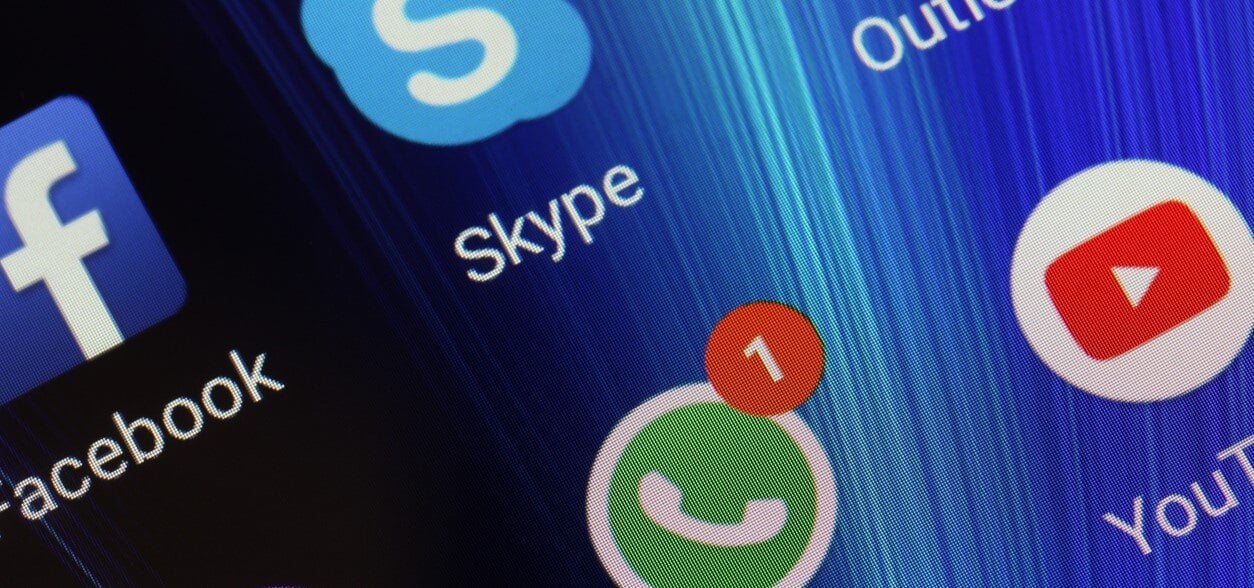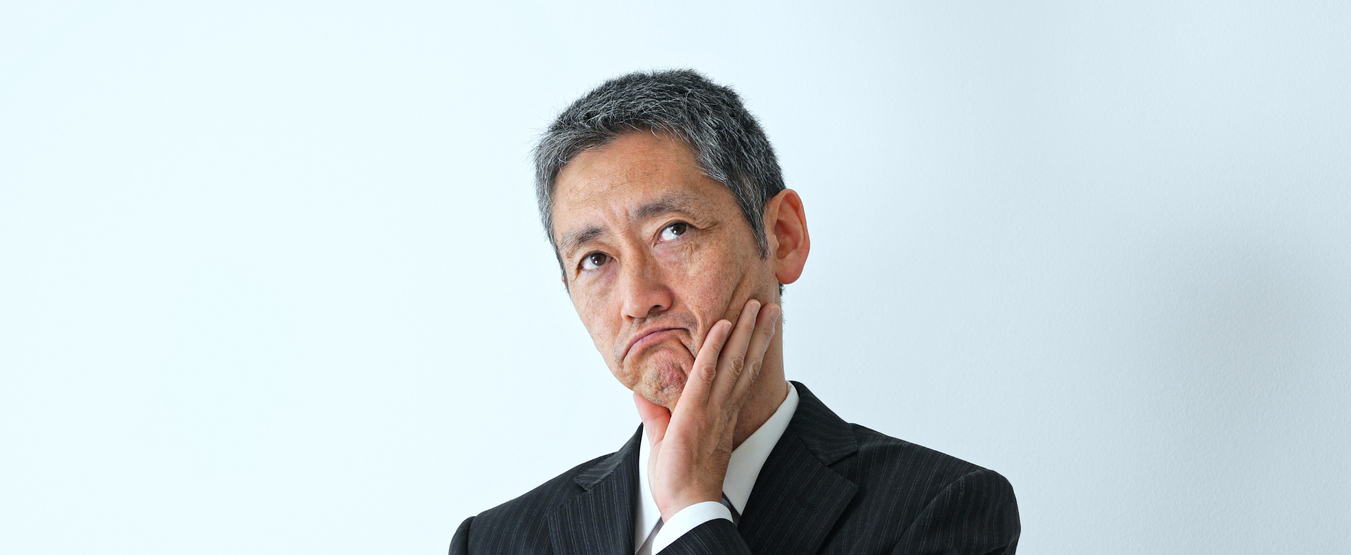Law firms are increasingly recognizing the value of building in-house eDiscovery intelligence. By creating internal teams or departments capable of processing and culling data, running searches, and producing documents, law firms can build a profit center and improve cost-recovery efforts while creating fast turn-times for case teams.
Ryan Short
Recent Posts
Intelligent Insourcing: Balancing Speed, Cost, and Complexity
Nov 12, 2024 8:30:00 AM / by Ryan Short
“We’re not trying to replace anybody,” Jon Mattingly told the Indiana Lawyer back in 2015. At the time, he and three other litigators had recently left an AmLaw 100 firm to launch two ventures: an Indianapolis-based litigation boutique and an eDiscovery services company. “We’re coming in and... handling some very complex issues in terms of eDiscovery. We’re a partner for the client and their law firm managing the case.”
Enhancing Client Experience in Professional Services
Aug 21, 2024 8:30:00 AM / by Ryan Short
In professional services, distinguishing yourself from the competition can be daunting. Whether you're in legal, accounting, consulting, or another field, where skills and knowledge are often replicable, differentiation is both crucial and challenging. Here’s a closer look at how to stand out in a crowded market.
Short Message Data: Building Your Case with Legal Technology
Aug 7, 2024 9:00:00 AM / by Ryan Short
Short message data is an increasingly important source of evidence in litigation and investigations because so much communication takes place through sources like SMS and MMS texts and platforms like WhatsApp, Slack, and Teams.
Mobile devices like cell phones and tablets are a potential treasure trove of evidence. But conducting data collection and digital forensics from these devices may prove challenging, and the two most popular platforms in the world, Apple and Android, offer divergent challenges.
The landscape of eDiscovery is evolving rapidly, driven by the proliferation of short message data. This type of data encompasses messaging platforms beyond traditional email, such as texts, Teams, Slack, and many others. As these forms of communication become increasingly dominant in both personal and professional contexts, they bring unique challenges and considerations for litigation and investigations.
Americans love social media - about 9% consider themselves to be an influencer! In January 2024, the Pew Research Center reported that 83% of American adults use YouTube, 68% use Facebook, and 47% use Instagram. Most users have accounts on multiple platforms and many actively create content.
That all adds up to a whole lot of potentially discoverable data.
Nor should they. No individual can possess mastery over every function of a large, complex organization. Ideally, people with complementary skillsets and dispositions are recruited, developed, and provided sufficient leeway (in the form of decision making and funding) to contribute to the mission of the organization.
Legaltech (generally) and eDiscovery (specifically) marketing often fails because software and services vendors often try to “copy and paste” playbooks that worked in the (business-to-business (B2B) space.
In B2B, revolution can be richly rewarded. The premise of most startup businesses is: the market has an unmet need; if we build the right product and get in front of the right people, we can make a lot of money. Disruption of the status quo is the entire point of the game.
In January we published a tongue in cheek bingo card before Legalweek that poked fun of many of the words and phrases used by eDiscovery software and services providers, like “voluminous data” and “explosion of data.”
It was a silly thing, but it resonated because the terms are all ubiquitous.










